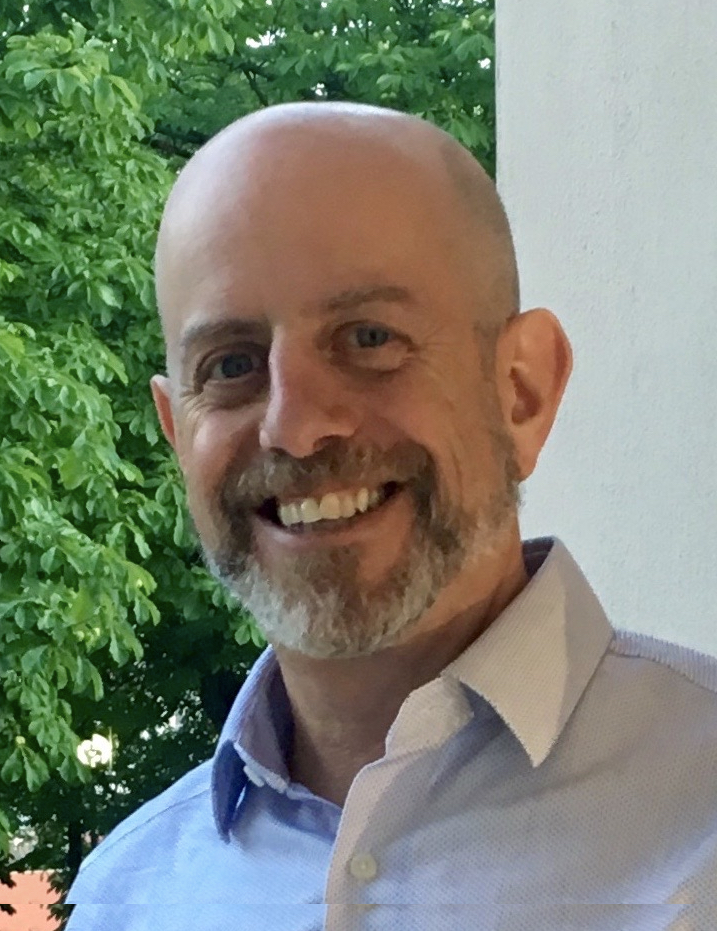

Personal website: https://lspector.github.io/
Dr. Spector teaches and conducts research in artificial intelligence, artificial life, and a variety of areas at the intersections of computer science with cognitive science, physics, evolutionary biology, and the arts. He is the Editor-in-Chief of the journal Genetic Programming and Evolvable Machines (published by Springer; see also his editor's blog) and a member of the editorial board of the journal Evolutionary Computation (published by MIT Press). He is a member of the Executive Committee of the ACM Special Interest Group on Evolutionary Computation (SIGEVO) and he has produced over 100 scientific publications including his book: Automatic Quantum Computer Programming: A Genetic Programming Approach, published by Kluwer Academic Publishers in 2004 and reissued in paperback by Springer in 2007. Dr. Spector serves regularly as an editor of scientific collections and as a track chair, organizer, and reviewer for scientific conferences. He also writes occasionally for general audiences, including an OpEd piece in The Boston Globe (The Globe's page, local copy). He has received the highest honor bestowed by the National Science Foundation for excellence in both teaching and research, the NSF Director's Award for Distinguished Teaching Scholars (press releases: NSF, Hampshire). He has won several other awards and honors, including two gold medals in the Human Competitive Results contest of the Genetic and Evolutionary Computation Conference (2008 press release, 2004 information) and election as a fellow of the International Society for Genetic and Evolutionary Computation (press release).